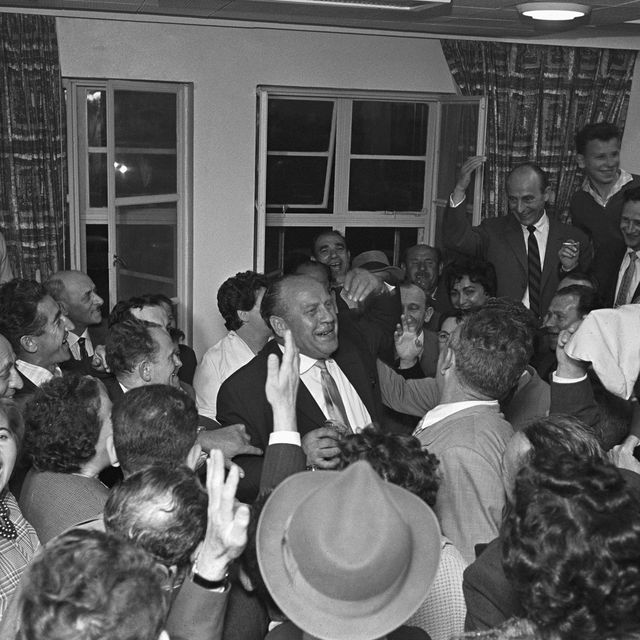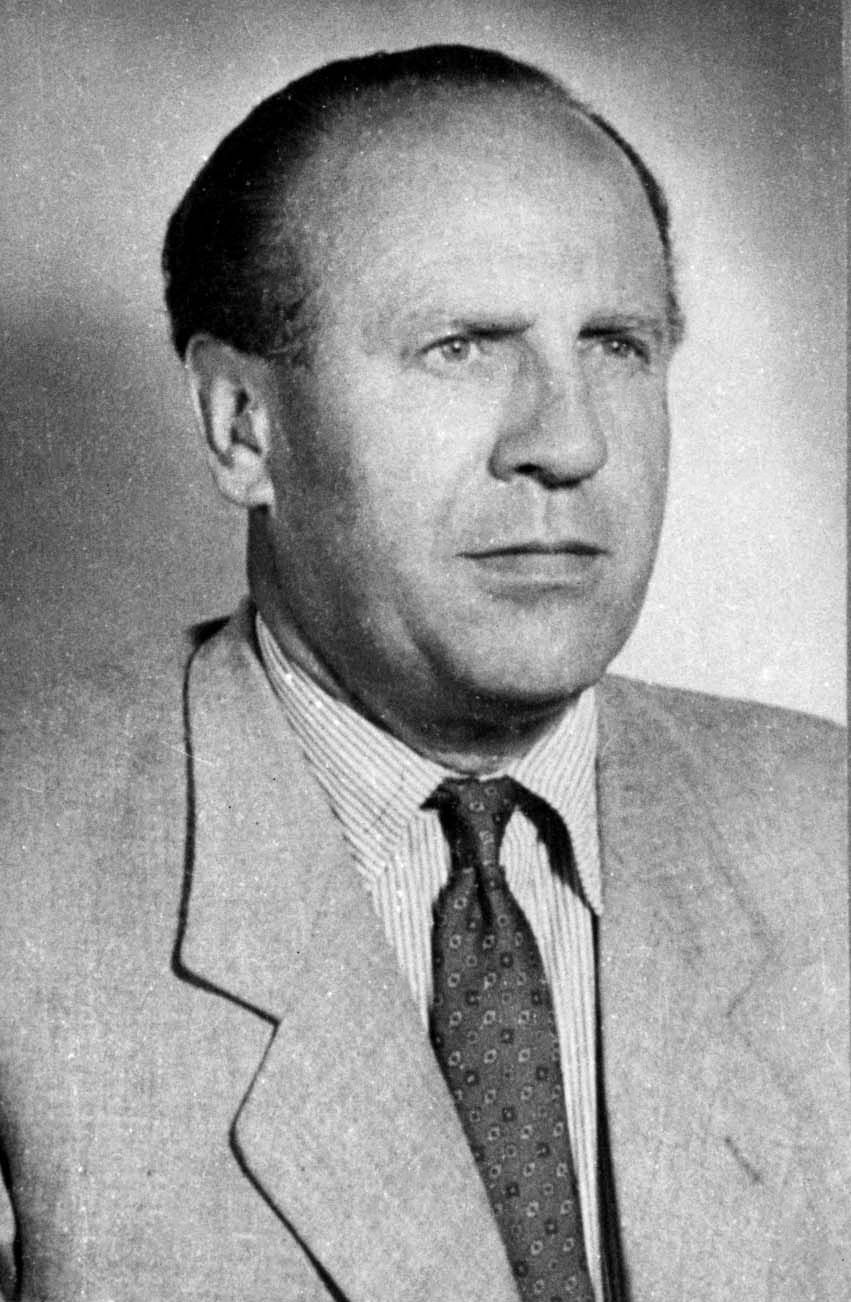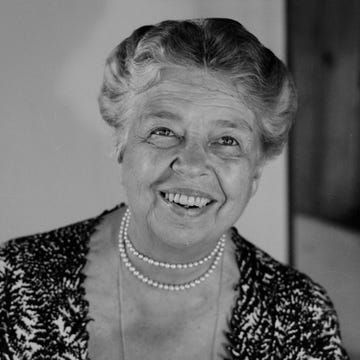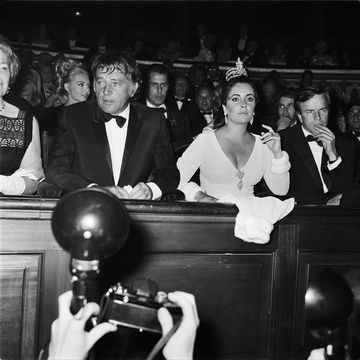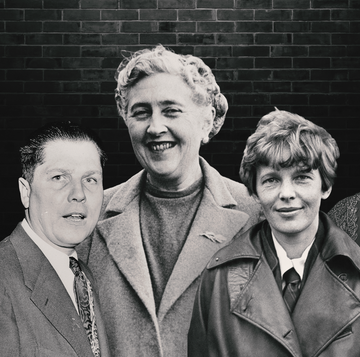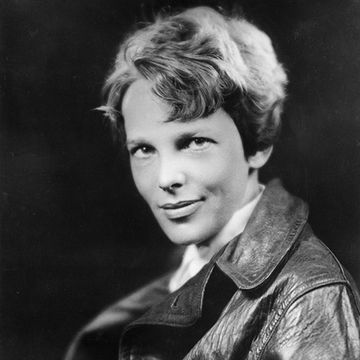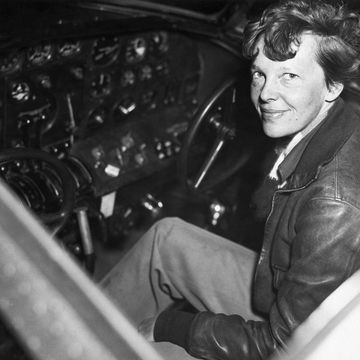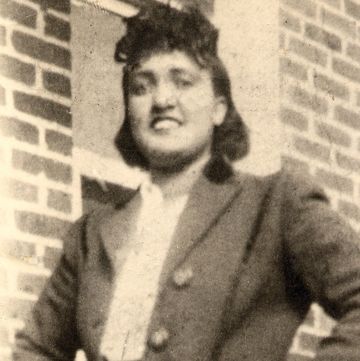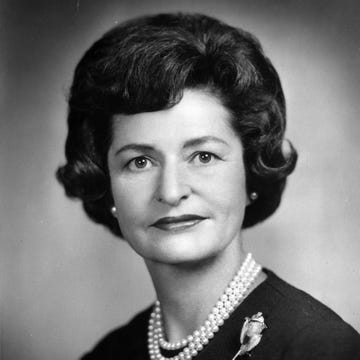Oskar Schindler was not your typical hero. Born on April 28, 1908 in Austria-Hungary, Schindler was a German businessman and member of the Nazi party who built his career on finding opportunities to get rich. Although married, he was also known for his womanizing and his excessive drinking. But Schindler, despite his flaws, was a hero to more than 1,100 Jews whose lives he saved during the Holocaust in World War II. Perhaps it was because of — not despite — his duplicitous character that his story is made all the richer.
Schindler initially profited from the war
Schindler started out as a wartime profiteer, having acquired an enamelware factory in Poland in 1939. At the height of his business, Schindler had 1,750 workers under his employment — 1,000 of them Jewish. Over time, his daily interactions with his Jewish workers prompted him to use his political connections as a former German spy and his wealth to bribe Nazi officers to prevent his workers from being deported and killed. Through various Jewish administrators came what was known as "Schindler's List." However, in reality, there were nine separate lists and Schindler, at the time, did not oversee the details since he was incarcerated for suspicion of bribery.
Although Schindler himself may not have written most of the lists, he was "personally responsible for the fact there was a list" contends Schindler author Thomas Keneally. It is reported that the German businessman essentially used most of his fortune — 4 million German marks — to save Jewish lives.
Schindler tried to move to the United States but was denied
When the war was over, a penniless Schindler moved to West Germany where he received financial assistance from Jewish relief organizations. However, he soon felt unsafe after receiving threats from former Nazi officers. He tried to move to the United States, but because he had been part of the Nazi Party, he was denied entry. After obtaining partial reimbursement for his expenses he incurred during the war, Schindler was able to emigrate to Buenos Aires, Argentina, taking his wife, mistress and a dozen of his Jewish workers (aka "Schindler Jews"). There, he set up a new life, where he took up farming for a time.
However, Schindler's financial woes continued, and he went bankrupt in 1958. He left his wife Emilie in Argentina to find fortune back in Germany, but despite his efforts, his various businesses repeatedly failed. Again, he had to depend on the charity of the Schindler Jews, many of whom he was still in contact with, to support his well being. In 1963, the same year he declared bankruptcy, he was honored by the State of Israel as Righteous Among the Nations, an award for non-Jews who helped save Jews during the Holocaust. A year later, he had a heart attack and spent time recuperating in a hospital.
After his death, he requested to be buried in Jerusalem
On October 9, 1974 Schindler died of liver failure at the age of 66. Before his death, he requested to be buried in Jerusalem. "My children are here..." he said of why he wanted his final resting place to be there. Amid hundreds of tearful Schindler Jews, his wish was granted and he was buried on Mount Zion in Jerusalem.
As for Schindler's wife Emilie, who also played a huge (but publicly understated) role in saving hundreds of Jews during World War II, she continued to live in Argentina, scraping by with the help of the Schindler Jews and the government of Argentina. Towards the end of her life and in failing health, she asked to live her remaining days in Germany. Although a home was secured for her in Bavaria in the summer of 2001, she would never live in it. Soon after she became critically ill and died on October 5, 2001 in a Berlin hospital. She was just shy of her 94th birthday.
Although she struggled with resentment towards her late husband for his womanizing and marital neglect, Emilie still had profound love for Schindler. Revealing her internal dialogue when she visited his tomb almost 30 years after his passing, she had said to him: "At last we meet again . . .I have received no answer, my dear, I do not know why you abandoned me . . . But what not even your death or my old age can change is that we are still married, this is how we are before God. I have forgiven you everything, everything. . ."
